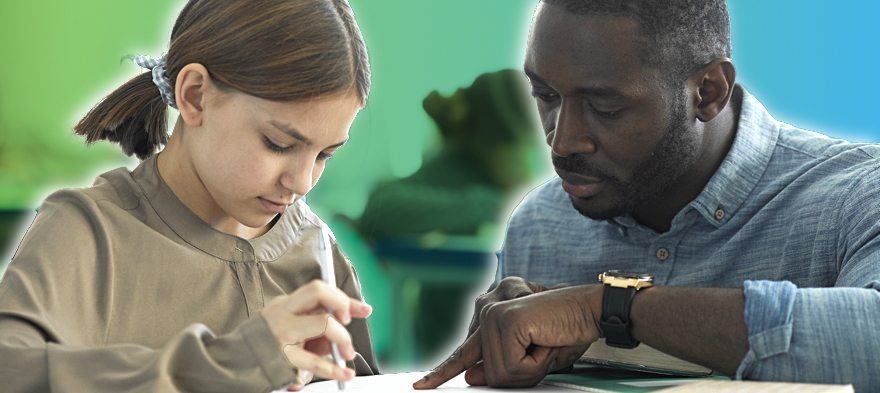
Our world has been forever changed as a result of the pandemic as well as the racial unrest of 2020. We learned new ways of being — how to be alone, how to distance, how to properly wash our hands, and how to deal with loss on a mass scale.
As students settle into their first quarter of being back in schools, there is a debate about what they should be learning and what parts of American history they should and should not be learning about. [pullquote]We have to decide who we are going to be, how we will show up, and what is important for our students.[/pullquote]
What does it serve our students to teach them about some parts of our history and not all of it? When my students asked me for an example for the word ‘atrocity,’ I said, “The Holocaust was an atrocity.” To my surprise, my students had no idea what the Holocaust was, and I knew it was my responsibility to ensure that they knew. This was why we read Elie Wiesel’s “Night” as a class.
As a class, there were moments when we were shocked and disgusted while we read about the mass murder, separation, and racism that occurred because of the lies told by Hitler. We faced it because it is OUR history. My students were honored to be able to meet a Holocaust survivor as a part of the learning. I wondered why they had not been exposed to the Holocaust prior to the eighth grade. I wonder who we are excluding in our teaching, who we are erasing, who are we elevating?
While the fight over critical race theory rages on across the nation, I hope educators will teach students about all of the history of this nation, and also provide them with lessons that allow them to sharpen lifelong skills that they will need to be successful in school and beyond such as:
[pullquote]We have to think about how we can continually build these skills in our students through the curriculum, our instructional strategies, and the way we engage with our students.[/pullquote] Students will leave us and become doctors, lawyers, electricians, educators, nurses, judges, law enforcement, military service members, artists, musicians, and many other professions, but ultimately, we need them to leave us as good people.
You can join the conversation as brightbeam hosts a series of #SeekingCommonGround virtual town halls every Wednesday at 12:00 pm EST in October. Let’s find a shared vision for how our education system can best serve all students and families.
Kelisa Wing is the author of "Weeds & Seeds: How To Stay Positive in the Midst of Life’s Storms" and "Promises and Possibilities: Dismantling the School to Prison Pipeline" (both available on Amazon). She also is a 2017 State Teacher of the year, speaker, teacher and activist for discipline reform. Kelisa holds a bachelor’s degree in English from the University of Maryland University College, a master of arts in secondary education and an educational specialist degree with a concentration in curriculum, instruction and educational leadership from the University of Phoenix. She is currently enrolled at Walden University in the doctor of education program. All views expressed are her own and do not reflect the views of any others.
The fight for educational equity has never been just about schools. The real North Star for this work is providing opportunities for each child to thrive into adulthood. This means that our advocacy...
Your donation will support the work we do at brightbeam to shine a light on the voices who challenge decision makers to provide the learning opportunities all children need to thrive.
Ed Post is the flagship website platform of brightbeam, a 501(c3) network of education activists and influencers demanding a better education and a brighter future for every child.
© 2020–2024 brightbeam. All rights reserved.